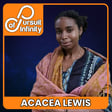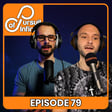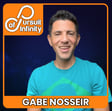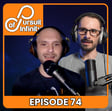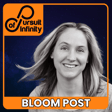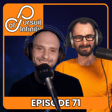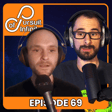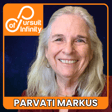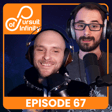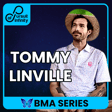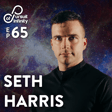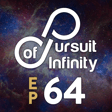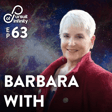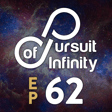
75. Hamilton Souther - Decoding the Infinite Within
Hamilton Souther is a visionary entrepreneur, author, and shamanic guide known for his work with Amazonian plant medicine and spiritual practices. He is the founder of Blue Morpho, a retreat center in Peru that focuses on healing and personal transformation through Ayahuasca and San Pedro ceremonies as well as other traditional shamanic practices. He is also an educator of psychedelic facilitation through the Blue Morpho Academy. Hamilton combines his background in Western culture with indigenous Amazonian traditions, bridging the gap for people seeking spiritual growth, healing, and expanded consciousness.
https://bluemorphotours.com/
https://bluemorphoacademy.com/
https://www.instagram.com/maestro_hamilton/
https://www.youtube.com/@BlueMorphoPodcast
https://godai.ai/
_________________
Music By R-Production
Follow Pursuit Of Infinity:
www.PursuitOfInfinity.com
Discord: https://discord.io/pursuitofinfinity
YouTube: https://www.youtube.com/channel/UCPpwtLPMH5bjBTPMHSlYnwQ
Spotify: https://open.spotify.com/show/58he621hhQ7RkajcmFNffb
Apple Podcasts: https://podcasts.apple.com/ca/podcast/pursuit-of-infinity/id1605998093
Instagram: https://www.instagram.com/pursuitofinfinitypod/
X: https://twitter.com/PursuitInfinity
Patreon: Patreon.com/PursuitOfInfinity
